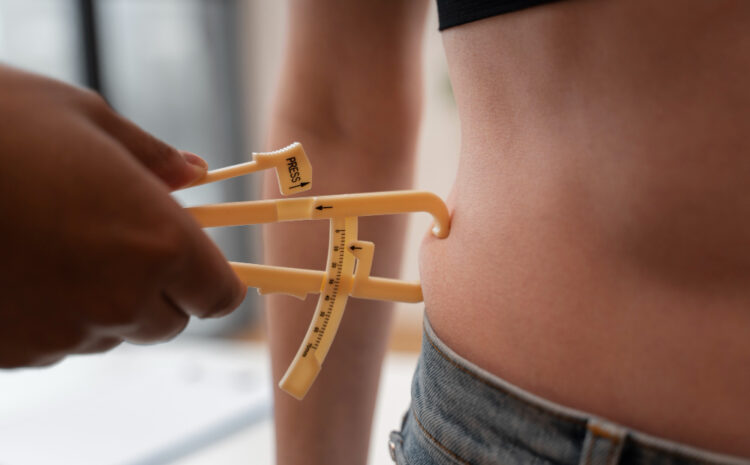
The Silent Consequences of Poor Spine Health
The human spine is often described as the body’s central support structure, but it is much more than just a physical scaffold. It serves as the vital messenger between our muscles, organs, and the brain, facilitating the seamless flow of information necessary for proper bodily functions. Unfortunately, many people underestimate the importance of spine health until problems arise. In this article, we will explore the far-reaching consequences of poor spine health and the compelling reasons to prioritize its maintenance for a healthier life.
The Spine: A Communication Highway
Think of your spine as a high-speed data cable, transmitting critical signals between the body’s muscles and the brain. This information includes pain signals, sensory feedback, and motor commands that dictate our movements and responses. When the spine is healthy, this communication is efficient and accurate. However, when spine health deteriorates, the messaging system can falter, leading to various health issues.
Consequences of Poor Spine Health
- Chronic Pain: One of the most common consequences of poor spine health is chronic pain. Conditions like herniated discs, spinal stenosis, and degenerative disc disease can lead to persistent back and neck pain that significantly impacts daily life.
- Reduced Mobility: A compromised spine can limit your range of motion and flexibility. This reduced mobility can hinder physical activities, making it challenging to maintain an active lifestyle.
- Muscle Weakness and Atrophy: When the spine fails to transmit signals effectively, it can result in muscle weakness and atrophy. This can further exacerbate mobility issues and lead to a decrease in overall strength.
- Nerve Impingement: Conditions such as pinched nerves or sciatica can develop due to spine problems. Nerve impingement can cause shooting pain, tingling, and numbness, affecting not only the back but also radiating pain into other areas of the body.
- Digestive Issues: Surprisingly, poor spine health can even impact digestion. Misalignments or compression in the spine can interfere with the functioning of the nerves responsible for digestive processes, potentially leading to issues like indigestion and constipation.
- Respiratory Problems: A healthy spine also plays a role in proper lung function. Poor posture due to spine issues can reduce lung capacity, leading to shallow breathing and a decreased ability to oxygenate the body adequately.
- Mental Health Implications: The mind-body connection is undeniable. Chronic pain and discomfort resulting from spine problems can contribute to stress, anxiety, and even depression, affecting your overall mental well-being.
Maintaining Spine Health for a Better Life
The good news is that you can take proactive steps to maintain or improve your spine health:
- Regular Exercise: Engaging in exercises that strengthen your core and support your spine can help prevent problems. Yoga and Pilates are excellent options.
- Proper Posture: Maintain good posture while sitting, standing, and lifting heavy objects. Use ergonomically designed furniture and equipment when possible.
- Healthy Diet: A diet rich in nutrients can support bone and spinal health. Calcium, vitamin D, and magnesium are essential for strong bones.
- Regular Check-ups: Schedule regular check-ups with a healthcare provider or a chiropractor to monitor your spine health and address any issues early.
- Stress Management: Stress can contribute to muscle tension and pain. Incorporate stress-reduction techniques like meditation and mindfulness into your daily routine.
Conclusion
Your spine is not merely a structural element of your body; it is the communication bridge between your muscles and your brain. Neglecting spine health can lead to a host of physical and even mental health issues. By prioritizing good posture, regular exercise, a balanced diet, and proper healthcare, you can help ensure that your spine functions optimally. Remember, a healthy spine means better communication between your body and brain, paving the way for a healthier, more active, and pain-free life.



